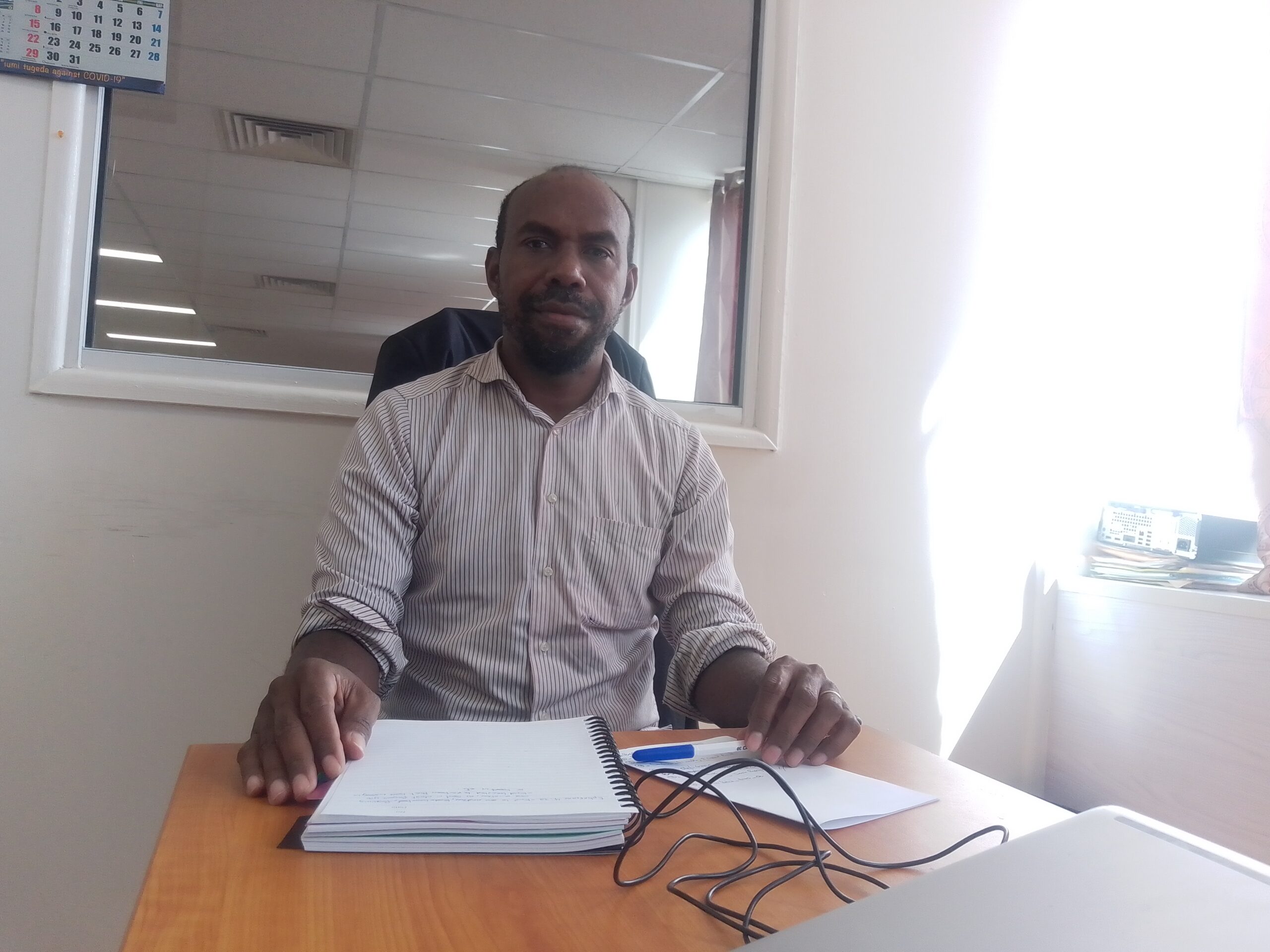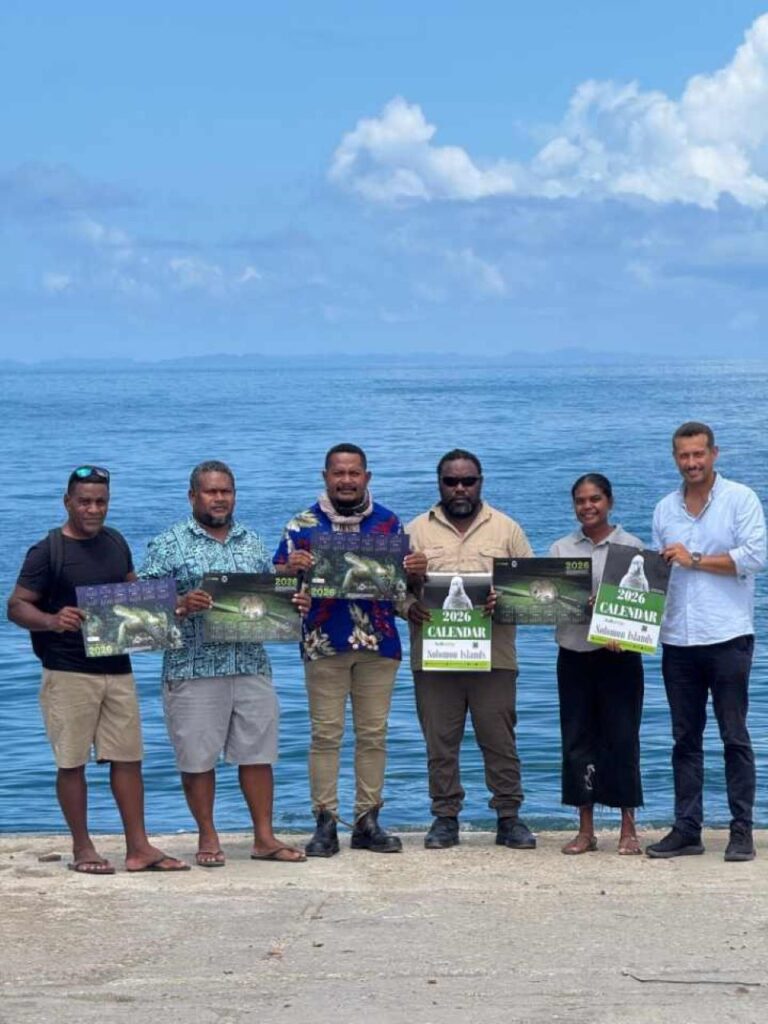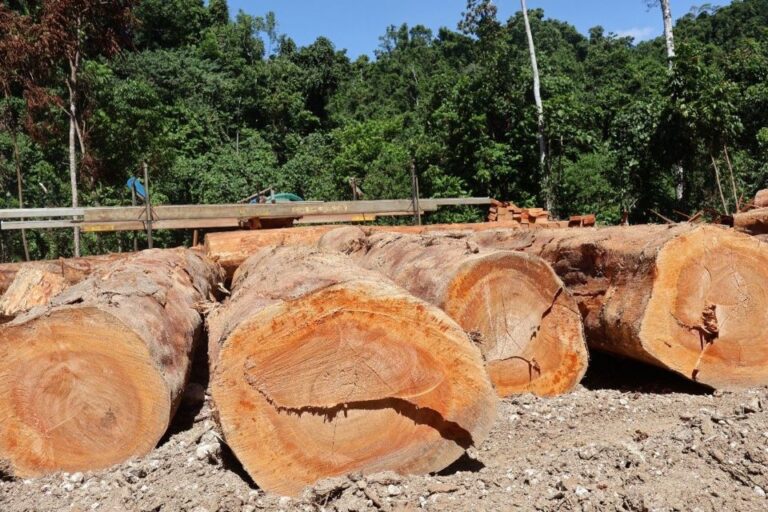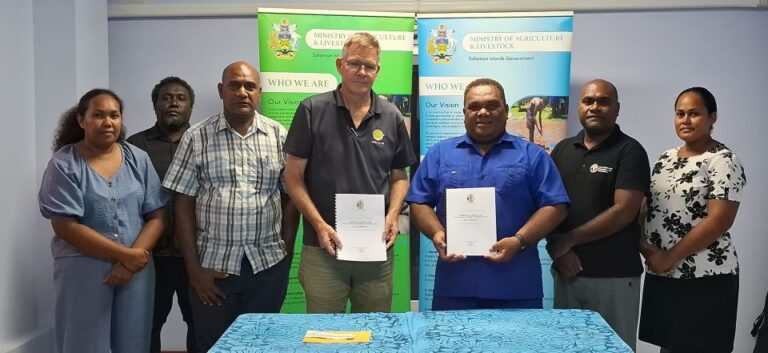BY JOHN HOUANIHAU
ONE work of the Ministry of environment conservation division is to mandate wildlife in Solomon Islands.
Wildlife includes animals or it can be birds or reptiles that live on land and in the sea where we can trade or export from the country.
Under the division is a law that regulate the trading of wildlife and those who involved in the business of trading wildlife in the country. And that is the wildlife protection and management act 1998.
“We have the principal act 1998, and 2017 amendments to fully ensure trade and prosecution of wildlife crimes,’’ said Deputy Director Conservation.
Mr Josef Hurutarau told Environment Media Solomon Islands that SI also has updated regulation 2020 to regulate the amendments in place.
He said the amendments are purposely to implement one of the conventions SI had ratified, the CITES –Convention on International Trade on Endangered Species of Wildlife Fauna and Flora.
“SI is a party to the convention including many countries throughout the world.
“The treaty aims to ensure international trade in specimens of wild animals and plants does not threaten their survival and to regulate the trade in wildlife for conversation purposes,’’ said Hurutarau.
He stated that as a party to the convention SI has developed the wildlife protection and management act 1998 so that SI can implement the provisions under the convention.
“That is one of the reasons why we amend those laws. Most importantly the laws should be there in place to regulate crimes and anyone that try to smuggle wildlife from the country.
“Under our program, we have several people that are involved in wildlife trading. And these people have fulfilled the requirements that are provided for under these laws.
He pointed out that anyone who is operating a wildlife trading business without the requirements will be prosecuted with the assistance of responsible authorities.
“There are ongoing happenings where we work with CITES partners and authorities as well as wildlife traders to discourage the illegal trading of wildlife.
“Yes we have approved people to do wildlife trading’, but it only applies to certain species that are approved under the conventions and act.
He disclosed that the wildlife trading was carried out according to CITES-listed species.
“So, if you intend to do wildlife trading, you have to meet the requirement in the amendments.
“Without Solomon Islands CITES authorities’ permit, for example, species are often confiscated if species are found traded to CITES member states, for example, NZ, Australia or Pakistan,’’ he said.
Deputy Hurutarau said this is to ensure that even though trading is taking place it is not detrimental to the wild population of these species and this is what the division wants to see.




